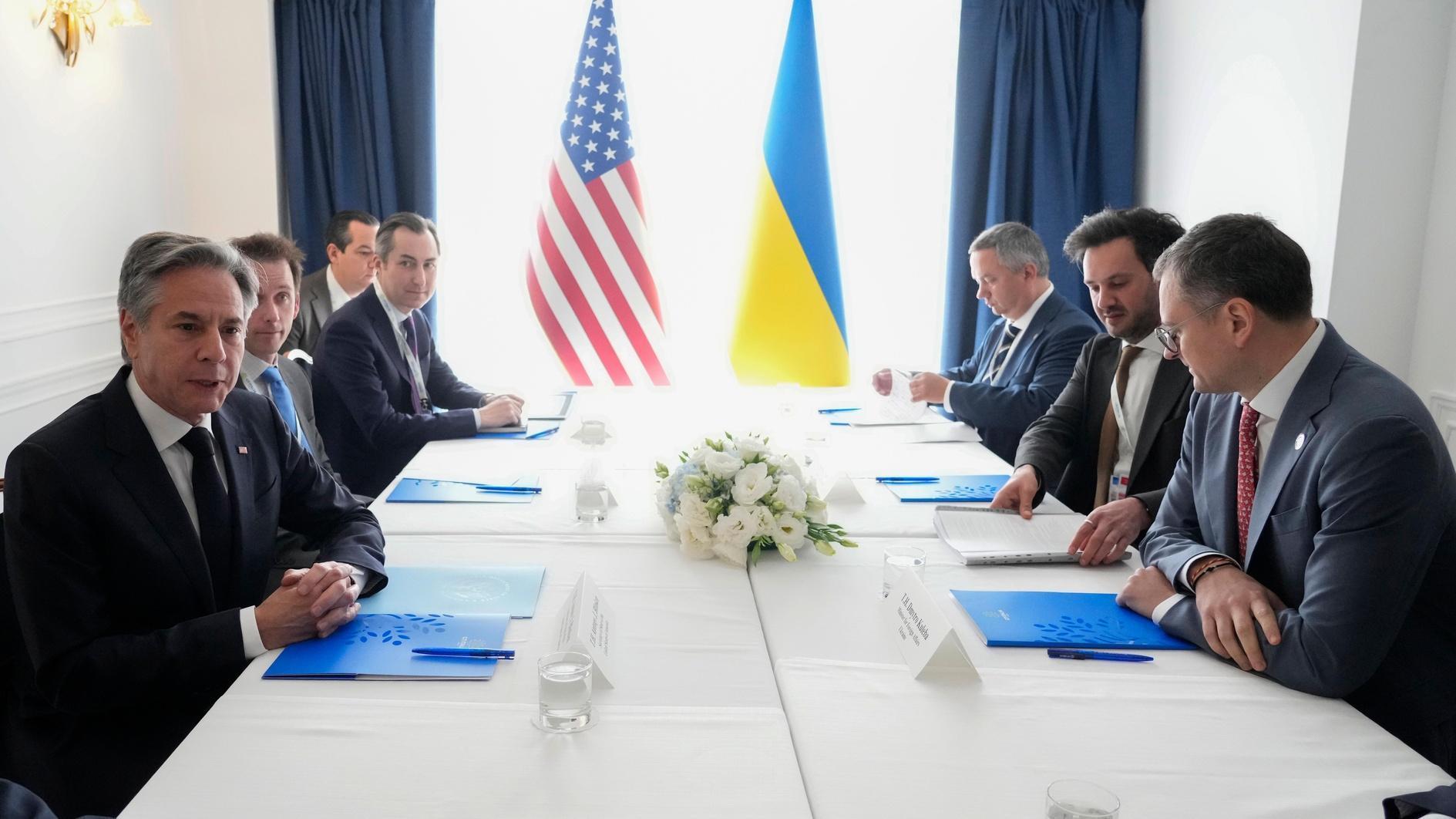Beware Gülen’s communication strategies
Turkish democrats have for decades been critical of the military’s role in civilian life. They have also been critical of the ideological indoctrination that soldiers have been subjected to, starting from the early stages.
As the military always had ample ability to interfere in political life, its views on critical issues such as the Kurdish question, non–Muslim minorities, freedom of expression, and world politics carried utmost importance.
Although portrayed as Western-oriented and secularist, that attribute was only really valid for internal questions, especially when it came to the struggle against religious radicals. When it came to global political questions, the Turkish military usually displayed a skeptical attitude towards Europe.
In the 1990s and 2000s, the army tried to block democratic reforms that successive governments tried to undertake for the sake of integration with the European Union. Soldiers especially resisted reforms on the Kurdish issue, such as broadcasting and education in Kurdish.
The military was certainly known to be hawkish when it came to Kurds’ rights. In addition, it was always tremendously bad at public relations, keeping its distance from the Turkish press as well as the international press.
That’s why I was surprised to come across interviews in the European press with Turkish soldiers who requested asylum after the failed July 15, 2016 coup attempt.
There are probably more than 400 soldiers who were on duty in Europe who have asked for asylum since the failed coup.
Interestingly, during the sham legal cases known as “Ergenekon” and “Sledgehammer” - which were initiated by followers of U.S.-based Islamic preacher Fethullah Gülen in order to cleanse the army of secularists and open the path for Gülenists in the armed forces - more than 170 soldiers on active duty were tried without being under arrest. They could have found a way to escape and ask for asylum, and while there may have been some who did that I cannot recall any.
Anyway, I was at first surprised to see members of the Turkish army speaking to European press. But then I recalled how Gülenists have forged excellent contacts with the Western press over the years.
Of course, that by itself should not make us think that those soldiers interviewed were all Gülenists. They are all innocent until proven guilty. But unlike the soldiers targeted by Gülenist prosecutors in 2007, who fought for their cases even though they knew the judiciary was not independent and was dominated by Gülenists – and who in the end proved their innocence - this will not be the case for those who have asked for asylum since the coup attempt.
I wrote the other day about how Gülen has been following a communication strategy based on addressing Western sensitivities in a bid to get Western support. Put in simple terms: Salafists and radical Islamists are the bad guys, while the Kurds (fighting the Islamic State of Iraq and the Levant in Syria) are the good guys. Interestingly, an article published in June on the Vocal Europe website was headlined “NATO risks having a member army full of extremists and Salafists,” quoting five interviewed soldiers.
Let’s look at what one of them said: “There was massive resentment among the public and the armed forces against President Erdoğan due to the failing of the Kurdish peace process and particularly due to the developments that happened afterwards. Lots of people have died because of the mistakes committed by the government in handling the Kurdish issue. Those purged generals and offices had liberal visions to solve the long-running Kurdish issue. They believed in democratic means to solve the issue, rather than military might.”
This really is music to the ears of the Western audience.
But if this had really been the case, and if soldiers had been purged for having liberal visions on solving the Kurdish issue, I would have expected Kurdish deputies and Kurdish civil rights defenders to rush to their defense. I may have missed it, but I have not seen any prominent Kurdish personality claiming that soldiers who believed “in democratic means to solve the issue, rather than military might” have been purged after the failed coup.
For example, former Diyarbakır Mayor Gültan Kışanak, speaking at the parliamentary commission investigating the coup attempt, did not come up with such an argument. “The Gülen brotherhood worked from 2009 to 2015 to obstruct the peace process,” Kışanak said on the contrary.
“We were the first ones to use the term ‘parallel state structure,’” said Kışanak, from the pro-Kurdish Peoples’ Democratic Party (HDP). “If you want to show he real face of the parallel state structure, the first place you need to look to is the KCK operations.”
The so-called Kurdistan Communities’ Union (KCK) operation was initiated in 2009 at a time when there was talk of a peace process on the Kurdish issue. More than 150 Kurdish politicians, human rights defenders, lawyers and journalists were detained and more than 100 were arrested.
Kışanak is currently behind bars and the Turkish government is harming the struggle against Gülenists by disproportionately targeting Kurdish politicians.











